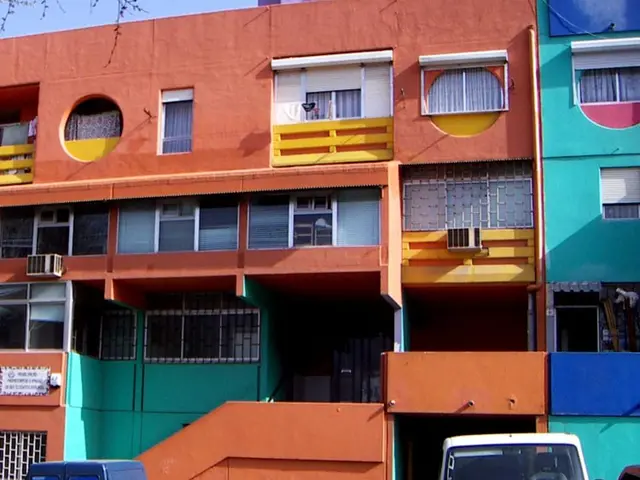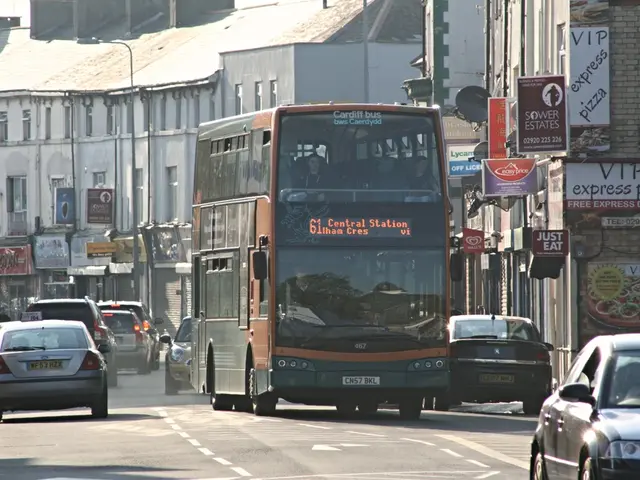Berlin's 'Free Boxes' Ban Sparks Debate Over Community Initiatives
Berlin's 'Free Boxes' (Verschenkekisten), once a common sight on city streets, offered a simple yet effective way to redistribute unwanted items. However, a recent ban has sparked debate about the role of these community-driven initiatives.
The ban, enforced since August 2023, carries hefty fines of over €1000 for violations. While rules are needed to prevent misuse, a total ban has been criticized as heavy-handed. Prof. Melanie Jaeger-Erben, a specialist in technology and environmental sociology, argues that the ban is a form of micromanagement targeting vulnerable communities.
Critics point out that 'Free Boxes' promote resource conservation and circular economy principles. They serve as practical mini-storage units in a city with limited living space, allowing items no longer needed by one person to be used by another. Some argue that the ban is a result of willful ignorance of these benefits and an overreaction to minor issues.
Alternatives to a ban have been proposed, such as clear guidelines, designated locations, shared responsibility, and a city-supported exchange system. These could help manage the 'Free Boxes' without stifling their positive impact.
The ban on 'Free Boxes' in Berlin has raised questions about the city's approach to community-driven initiatives. While the need for regulation is clear, the total ban has been criticized as too harsh. As the debate continues, alternative solutions are being explored to balance the need for order with the benefits of these community-driven redistribution systems.
Read also:
- American teenagers taking up farming roles previously filled by immigrants, a concept revisited from 1965's labor market shift.
- Weekly affairs in the German Federal Parliament (Bundestag)
- Landslide claims seven lives, injures six individuals while they work to restore a water channel in the northern region of Pakistan
- Escalating conflict in Sudan has prompted the United Nations to announce a critical gender crisis, highlighting the disproportionate impact of the ongoing violence on women and girls.






